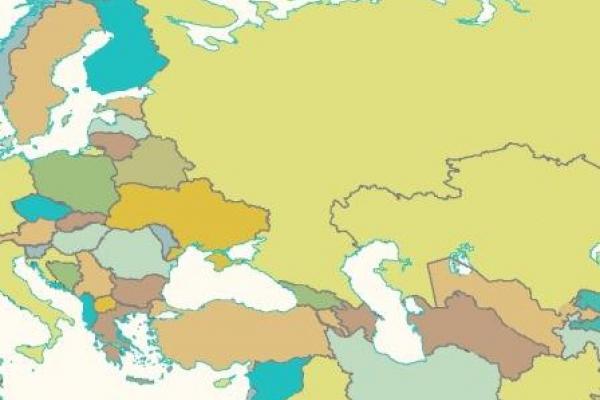
In recent years, scholars have demonstrated that the Cold War was not simply a bipolar political confrontation between the communist East and the capitalist West. Rather, there was a variety of multipolar interactions among the First, Second, and Third Worlds. Historians of eastern Europe have been at the forefront of redefining the nature of these interactions.
First, the countries of eastern Europe, in contrast to the conventional notion of their status as passive members of the “Soviet bloc,” showed an important degree of divergence and independence from the Soviet Union by engaging in extensive trans-border contact with the West, whether through travel, tourism, popular culture, artistic exchange, or consumer choices.
Second, many actors in the Second World, such as economists, scientists, engineers, journalists, and intellectuals, were also actively involved in the Third World, through economic, technical, cultural, and other engagements in the post-colonial context.
This involvement created lasting alliances and alternative notions of modernity between eastern Europe and other parts of the world. The goal of this workshop is to investigate the variety of ways in which eastern Europe emerged as an important international player, by promoting its own ideas of modernity, progress, humanism, culture, and everyday life.
This workshop will bring together a number of scholars to debate the meaning of the global Cold War as it unfolded in diverse settings between eastern Europe and the outside world.
The participants will discuss possibilities of formulating theoretical frameworks to challenge both the notion of Soviet “satellites” and the idea of “nation-states” as the dominant paradigms in studying eastern Europe. Instead, we are interested in the potential of transnational and new comparative methodologies as frameworks of analyzing eastern Europe and its global reach from a historical perspective.
For full details, please visit the workshop's webpage.
Co-sponsored by the Department of History, the Center for Slavic and East European Studies, and the Department of Slavic and East European Languages and Culture's Paisii Fund at The Ohio State University.
